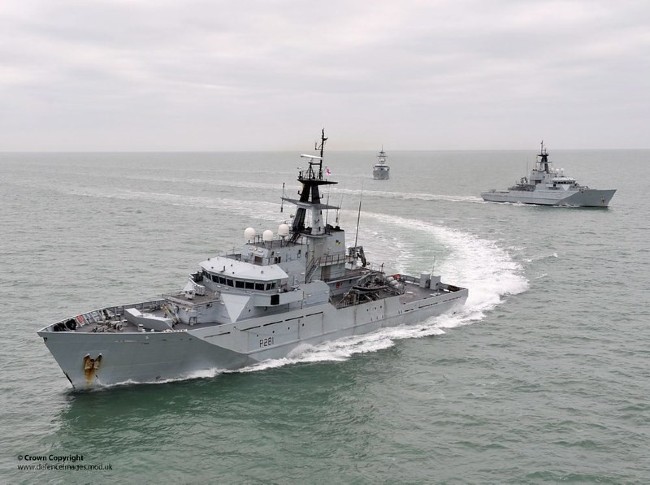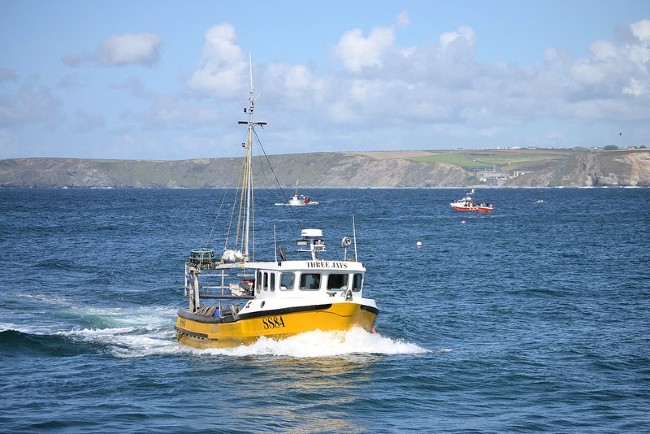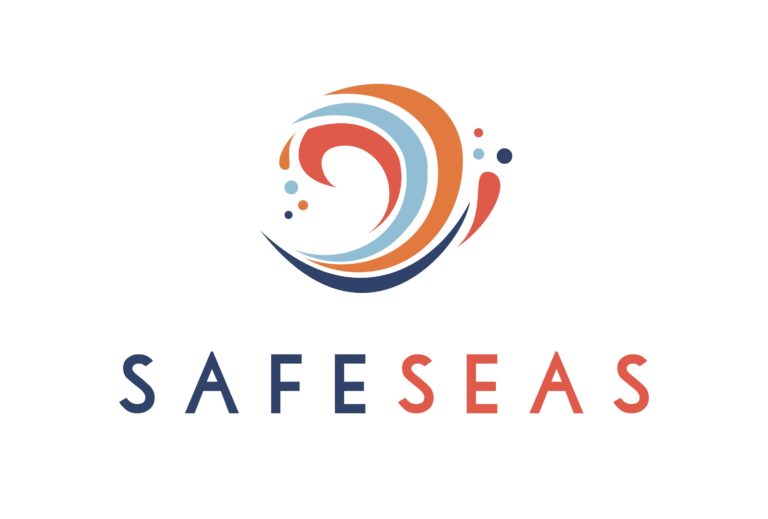Delivering Maritime Security after Brexit: time for a joined-up approach

When the UK leaves the European Union the complex intergovernmental arrangements that for forty years regulated the usage of, and traffic through, its waters will revert to a national responsibility. Britain’s maritime sector will confront novel regulatory and enforcement challenges against a spectrum of rapidly evolving risks to its sea-lanes, fishing grounds and marine infrastructures, such as illegal fishing, human trafficking, terrorism and organised crime.
About the research:
The UK faces three critical challenges in this area: first, the need to respond effectively to a complex security environment, with important transnational dimensions; second the need to address the current patchiness of capacity amongst different geographic spaces and regions; and finally, the need to address problems of fragmentation and compartmentalisation between the multiple departments and agencies tasked with delivering UK maritime security. These challenges are likely to intensify in consequence of the Brexit process, when key collective EU maritime governance arrangements will either cease to apply or be subject to transformative revision.
The University of Bristol and the SafeSeas network held an IdeasLab on maritime security in Bristol on 28 February 2020 to identify responses and priorities for policy and research. Participants from all major UK maritime security agencies attended, as did academics representing disciplines ranging from international law to security studies. This Policy Report summarises the findings of the IdeasLab and outlines key policy implications for UK government and other maritime stakeholders.
Research Findings
- Maritime security is an issue of critical importance to the UK. 95 per cent of all UK imports and exports move by sea through over 400 British ports. UK waters host rich fishing grounds, critical infrastructure such as undersea cables, oil rigs and wind farms, as well as seven coastal nuclear power stations. Taken together, the UK maritime economy is worth £14 billion per year. Even so, public and political awareness of the importance of maritime issues is lower than for comparable sectors such as aviation.
- UK maritime spaces are vast. The UK marine area extends around 298 thousand square miles while the marine zones of UK Overseas Territories comprise some 2.32 million square miles. UK maritime interests also extend globally to the protection of trade routes, particularly key strategic choke points such as the Bab el Mandeb Strait. UK maritime security is a transnational issue and requires ongoing cooperation with other international partners.
- UK maritime security is complex. It presents a host of challenges including the need to protect maritime trade routes, the prospect of a terrorist attack at sea, threats to marine critical infrastructure, human trafficking and movement of people, the smuggling of illicit goods, the maintenance of public order at sea, and marine environmental and resource management including fisheries protection. Brexit may intensify these challenges as collective EU maritime governance institutions either cease to apply or change dramatically.
- Many of these challenges fall below the threshold for traditional naval intervention. They comprise constabulary, surveillance and management tasks that are the responsibility of numerous government authorities, departments and agencies. UK maritime security capacities are currently patchy with geographical and sectoral gaps in material resources, information and intelligence, and regulation.
- Maritime security relationships and cooperation with the UK’s European neighbours will continue to be important once the UK leaves the EU, particularly in shared maritime spaces such as the North and Irish seas. While many of the EU’s govern- ance mechanisms will cease to apply for the UK , important focal reports for cooperation remain in areas such as military-to-military information sharing or maritime security capacity building overseas. These provide an opportunity to keep lines of communication open and maintain relationships with key EU stakeholders.
- The synergies and connections between UK maritime security challenges remain poorly understood. Such linkages, for example between fisheries crimes and smuggling, are well recognised in parts of the world where maritime security issues have received sustained political attention, as off the coast of Somalia. They are less well documented in UK waters, though there is good reason to believe that they exist and could even intensify if maritime livelihoods are negatively impacted by changes associated with the COVID-19 pandemic, the Brexit process or other issues. More generally, the quality of data on many UK maritime crimes is poor and their root causes often not well understood.
- Maritime border management is a sensitive and politically charged issue. The movement of migrants across the English Channel in small boats has recently attracted considerable popular and political attention but still takes place on a far smaller scale than that by more established methods such as road freight. The primary task for maritime security agencies is to police such movements humanely and with due regard for the safety of vulnerable people at sea. Security responses alone cannot substitute for sustainable migration policy.
- Effective coordination between UK maritime security stakeholders is a continuing challenge. Fisheries and marine environmental management are devolved matters which complicates matters further. Even within government, there is sometimes a lack of understanding and consistent communication over jurisdictional issues between UK and devolved authorities engaged in national maritime security governance. These relations are likely to be further tested by Brexit and continuing uncertainties over the future regulation and governance of UK fish stocks.
- The UK has recently taken some important steps to strengthen its maritime security capacities and governance mechanisms, including the establishment of cross-governmental coordination bodies such as the Joint Maritime Security Centre. However, further work is required to translate formal (top-down) structures for coordination into day to day habits of cooperation and information sharing between agencies, and to properly resource these activities.

Policy Implications
1. 2020 is a key moment of opportunity for UK maritime security policy makers, with a renewed focus on these issues following the 2019 Gulf oil tanker crisis, the Brexit process and a refreshed UK National Strategy for Maritime Security.
2. UK policy makers need to consider the balance between maritime security commitments at home and abroad, and between UK regions. Until recently, maritime security capacities in home waters have been prioritised in pinch points such as the Dover Strait.
3. Effective coordination between agencies is critical. Top down coordination bodies can structure interactions and encourage interoperability, but sustainable cultures of coordination and trust should be encouraged through day to day habits of communication and interaction.
4. Cooperation and trust-building with EU and other national partners will continue to be important. Policy makers should consider how these can best be fostered under new post-Brexit governance structures, including building on those focal points for cooperation that are likely to remain unchanged by the Brexit process.
5. Policy makers should consider how national regulation in areas such as port security will be impacted by the UK’s exit from the EU. New regulatory frameworks need to strike a balance between harmonisation with EU practices and standards, which are likely to be of continued importance, and post-Brexit maritime priorities and challenges.
6. Stakeholders should be brought in early to the maritime security strategy process. Transparency and information sharing in the drafting process can help to identify common goals, encourage buy-in and establish a shared basis for action.
7. A review of resources should be considered to consolidate information on existing capacities (and capacity gaps) to identify how benefits can best be shared, particularly ‘force multiplying’ assets such as aerial maritime surveillance.
8. Policy makers should consider how the knowledge base on UK maritime security issues can best be strengethened. Attention should be given to interconnections between maritime crimes, analysis of root causes, and those issues and geographic spaces where data is weakest.
Contact the Researchers
Further information
Further information on the IdeasLab and the SafeSeas Network can be found at www.safeseas.net and on our Twitter feed @safeseas1.
Authors

